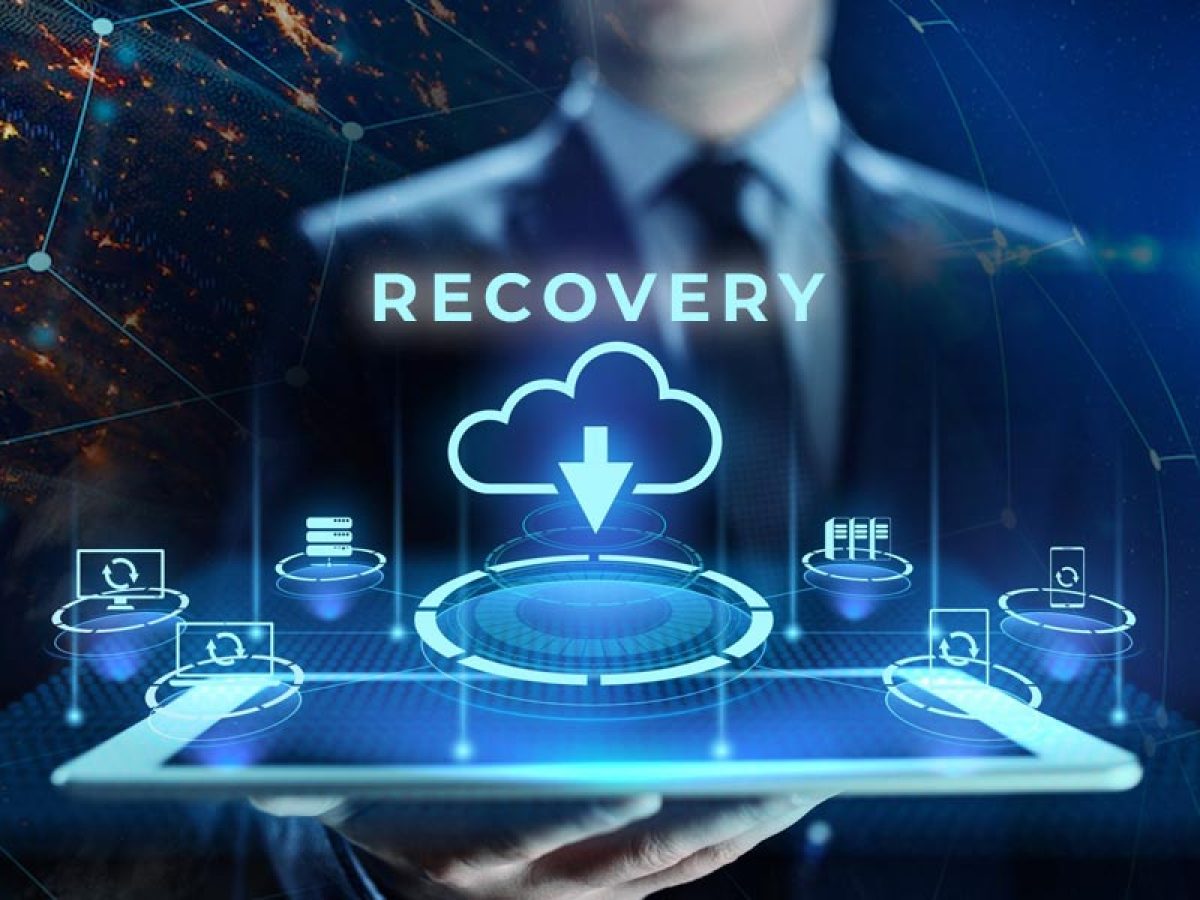

i7 Technologies provide specialist disaster recovery support
In this context, a disaster is any unforeseen event that can significantly put your organization at risk by interfering with your operations — whether natural, like flooding, or man-made, such as a cutting through a water main. Not every disruptive event is a disaster – a power outage may just be an inconvenience if you have a backup generator and plenty of fuel. And not every disaster has to involve catastrophic destruction or loss of life. For example, a cyber-attack can wreak havoc on your business, even though the fabric of your IT infrastructure remains physically untouched.
Disaster recovery is the process of resuming normal operations following a disaster by regaining access to data, hardware, software, networking equipment, power and connectivity. However, if your facilities are damaged or destroyed, activities may also extend to logistical considerations like finding alternate work locations, restoring communications, or sourcing anything from desks and computers to transportation for employees. Disaster recovery response should follow a disaster recovery plan – a documented process or set of procedures developed specifically to prepare the organization to recover in the shortest possible time during a period of acute stress. This can encompass communicating with employees about the event, what they are expected to do, and also plan on how to continue business post-event.
What is the difference between Disaster Recovery and Business Continuity?
Disaster recovery and business continuity are close cousins but not interchangeable terms. Business continuity is the process of getting the entire organization back to full functionality after a crisis, whereas disaster recovery is about getting all-important IT infrastructure and operations up and running again. In fact, it pays to think of Disaster Recovery as a subset of Business Continuity.Why should you invest in a Disaster Recovery plan?
To Avoid Revenue Impact ― Businesses increasingly depend on IT infrastructure; any interruption in IT infrastructure availability leads to direct or indirect revenue loss.To Maintain Customer Satisfaction — Re-acquiring customers and building trust with them post a disaster is very difficult; it's far easier to invest in a DR plan.
To Foster Partner and Supply Chain Confidence ― Exhibiting a well-defined DR plan helps build confidence within the partner network.
Because Machines Fail — IT infrastructure has shown great improvement in terms of resiliency, but weak links persist; having a DR plan helps when those unforeseen issues happen.
